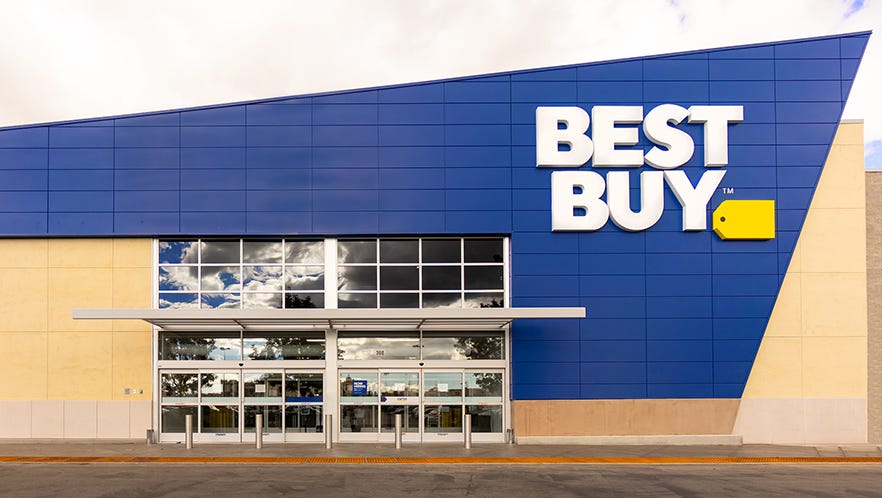Empirical Validation of IO Theory
Props to Prof. Ran Zhuo, Dartmouth Class of 2017, for a great paper.
In her paper published in The Journal of Industrial Economics in December of 2017,1 Prof. Zhuo (‘17) employs a difference-in-difference and regression discontinuity approach to determine whether Target and Best Buy’s October, 2012 announcement of price-match guarantees with Amazon produced an anticompetitive, consumer-welfare-reducing effect.
In the IO theoretical literature, collusion theory and price-discrimination theory predict that the announcement of price-match guarantees increase prices by, quoting from Prof. Zhuo, reducing “the incentives for both price-match-adopting firms and non-adopting firms (if any) to cut prices,” and by allowing “adopting firms to raise list prices that target unsophisticated consumers who do not shop around while keeping prices competitive for sophisticated consumers,” respectively. However, due to a variety of data-collection and time-constraints, little empirical research had been done to verify these theoretical predictions.
Prof. Zhuo accomplished just this: she exploited historical price charts from camelcamelcamel.com, an online price tracking website, and extracted data from its price charts with WebPlotDigitzer,2 to determine whether goods in the treatment group (Target and BestBuy) increased in log price after the announcement of the price-match guarantee in comparison to those only sold by Amazon (the control group). Prof. Zhuo’s primary, difference-in-difference, estimation model is as follows, along with her results:
Prof. Zhuo finds a precisely estimated six percentage point increase in prices of those goods also sold by BestBuy and Target following their price-match announcement compared to those only sold by Amazon. What a find! I encourage my readers to read Prof. Zhuo’s full paper here, which is written in an incredibly accessible fashion and includes many specification and robustness checks.
Zhuo, Ran. “DO LOW-PRICE GUARANTEES GUARANTEE LOW PRICES? EVIDENCE FROM COMPETITION BETWEEN AMAZON AND BIG-BOX STORES.” The Journal of Industrial Economics 65, no. 4 (2017): 719–38. http://www.jstor.org/stable/26627666.
Prof. Zhuo, like a good economist, did not remake the wheel; she put to (more) productive use what was already there.




